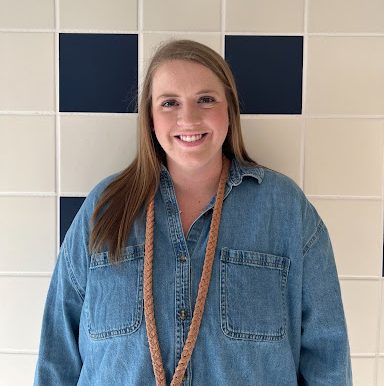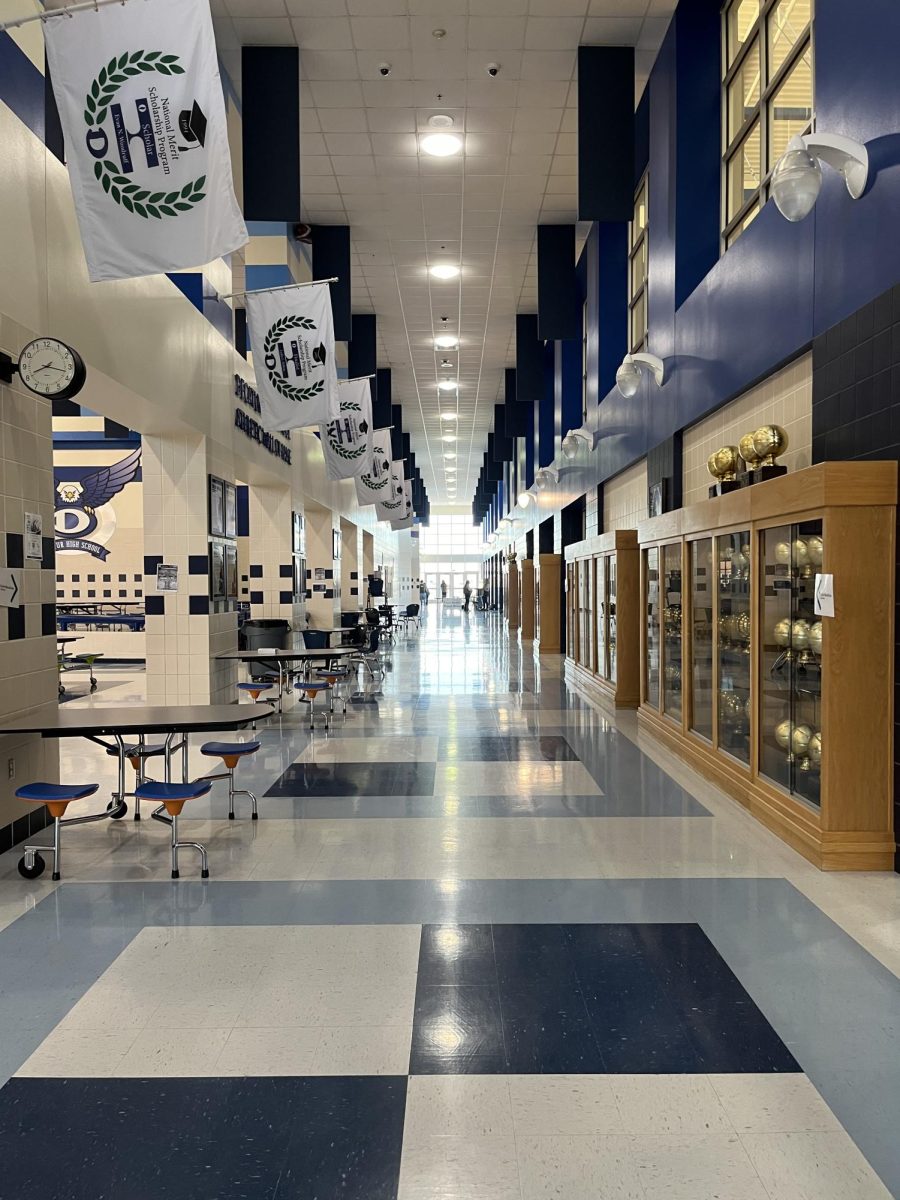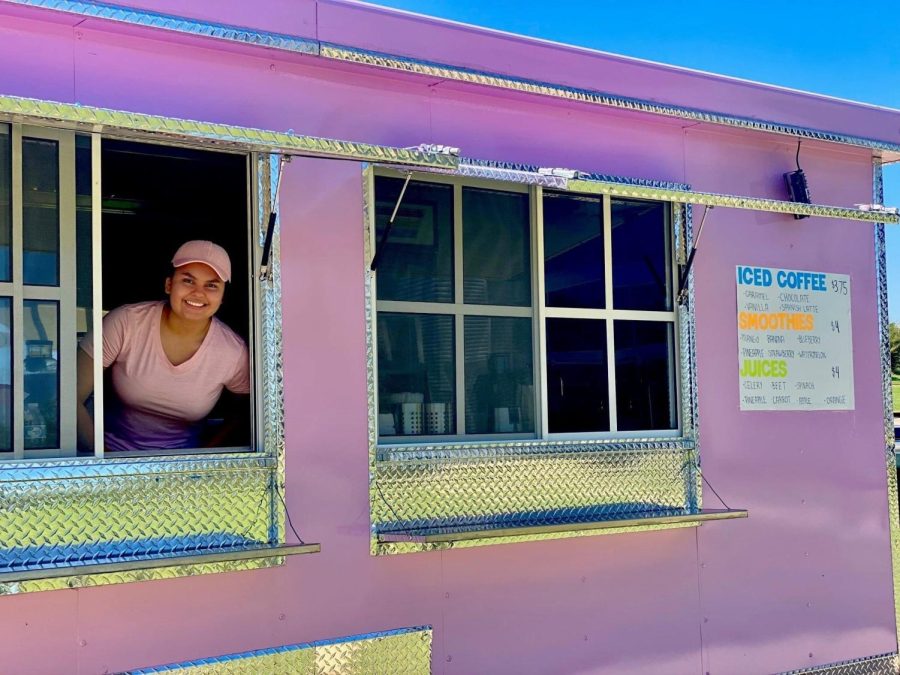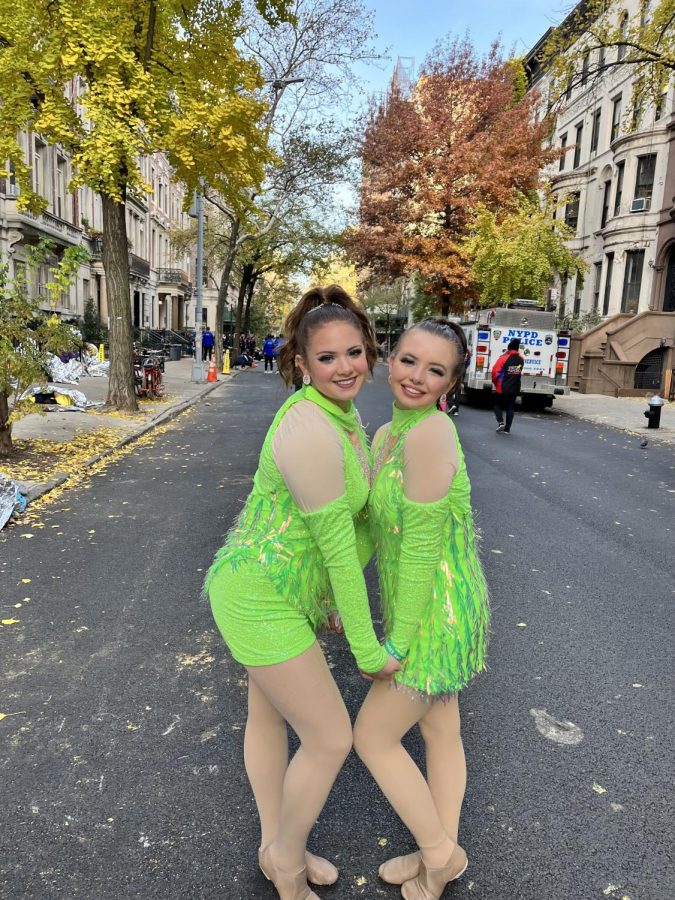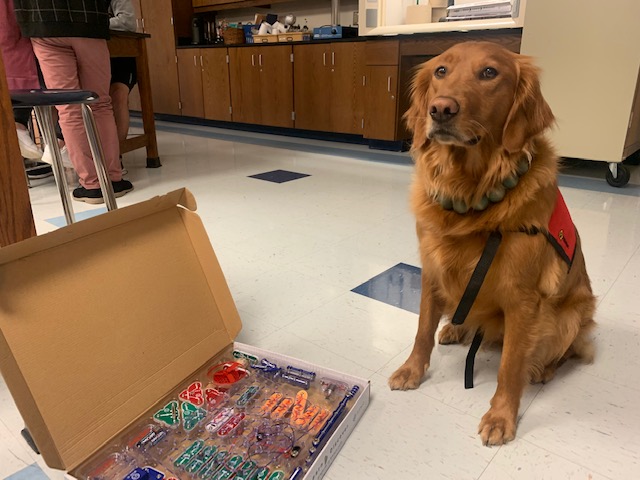Around 8 p.m. she is driving home from Christmas shopping in Southlake when she receives a phone call from Dr. Jill Farmar.
“I knew. Why else would she be calling me at 8 at night, other than this is not good news?” Susie Benedick, Decatur High School campus secretary recalled. “My first reaction is ‘Oh my gosh, I don’t think I am ready to die.’ It is scary, and it’s very overwhelming.”
In November 2009, Benedick had gone for her yearly mammogram.
“They called me back and said they saw something, so they wanted me to come and do a sonogram,” Benedick said.
After the sonogram, the radiologist looked at the results that day and did a needle biopsy, where they draw out tissue.
“They said they would call with the results,” Benedick said. “About a week later, the doctor called and said it had come back as carcinoma in situ, which is basically breast cancer.”
After reviewing her options, Benedick scheduled a surgery with her team of doctors.
“I decided to go ahead with the surgery on Dec. 27, 2009,” she said.
After the surgery, there was no radiation involved. The oncologist did recommend chemotherapy to reduce the risk of reoccurance from 30 percent to 11 percent. She then completed six rounds of chemotherapy, one every three weeks ending May 15, 2010.
“It was a no-brainer to do the therapy,” Benedick said. “The doctor told me it was like hitting a home run and stopping at second base; why would you do that?”
From day one of hearing the words “you have cancer” to the last day of therapy, emotions change like a rollercoaster.
“For me, it was hard to tell anybody because you don’t feel sick, you don’t feel like there is anything wrong with you,” Benedick said. “At one point you’re like ‘OK I can do this’ and at another point, you are like ‘Oh, my gosh. I can’t. I don’t have time for this.’”
Benedick worked for the school before she found out about her breast cancer in November. She didn’t continue working after the holidays, but after two years away, she returned as the school campus secretary.
“[During the two years], we had a Relay for Life team friends started for me after I was diagnosed,” Benedick said. “I also had my first two grandchildren; my son had a wedding; and we traveled a lot. Doing treatments and recovery took about a year out of my life.”
She decided to come back to work because she enjoys the people she works with and the working environment.
“You get up in the morning, and you just have to get through it,” Benedick said. “People around you make you feel better.”
Once she was diagnosed with breast cancer, the school and community stepped up to help in any way they could.
“I can’t tell you how many cards I got from people, emails, food coming to the house. It was just amazing,” she said. “People came out of the woodwork to help, and that’s an awesome feeling.”
During the two years, Benedick realized all the things she used to think were a big deal, aren’t. But the small things are what count.
“It has changed my life tremendously,” she said. “You don’t take things for granted. I try to do everything that’s good health-wise, because the first thing you think of is what could I have done differently to not get this. My doctor said there is nothing you can do; it just happens to people. So, I try to live every day to the fullest.”
This wasn’t a horrible experience for Benedick.
“I look back at the people in the treatment center, and they are so sick. They look sick. I never looked like that,” she said. “I lost all my hair, but that was just a very small thing I had to deal with. It saves 30 minutes of getting up and getting ready in the morning.”
One person who inspires Benedick is her sister, who was diagnosed with neurofibromatosis cancer at the age of 23, right after having her son. This cancer causes tumors all throughout the body. When she was pregnant with her little boy, her hormones changed and the tumor started growing. She had to leave the baby and her family to go receive treatment at MD Anderson Cancer Center in Houston.
“She is my hero,” Benedick said. “She had chemo and radiation treatments. She kicked it. She would get up every day, and she was happy and very positive.
“I really recommend not missing your appointments,” she said.
If Benedick had waited to get her yearly exam, if she’d skipped a year of screening, her story would be different.
“I was at stage one, almost stage two,” she said. “I suggest to women to trust in your doctors. The medical community out there is amazing. Don’t read every little article on the Internet. Pick specific websites to get your information from, and always go to your screenings. If you don’t have the money or the insurance, there are resources that will pay for the mammograms and things like that. Don’t wait.”



